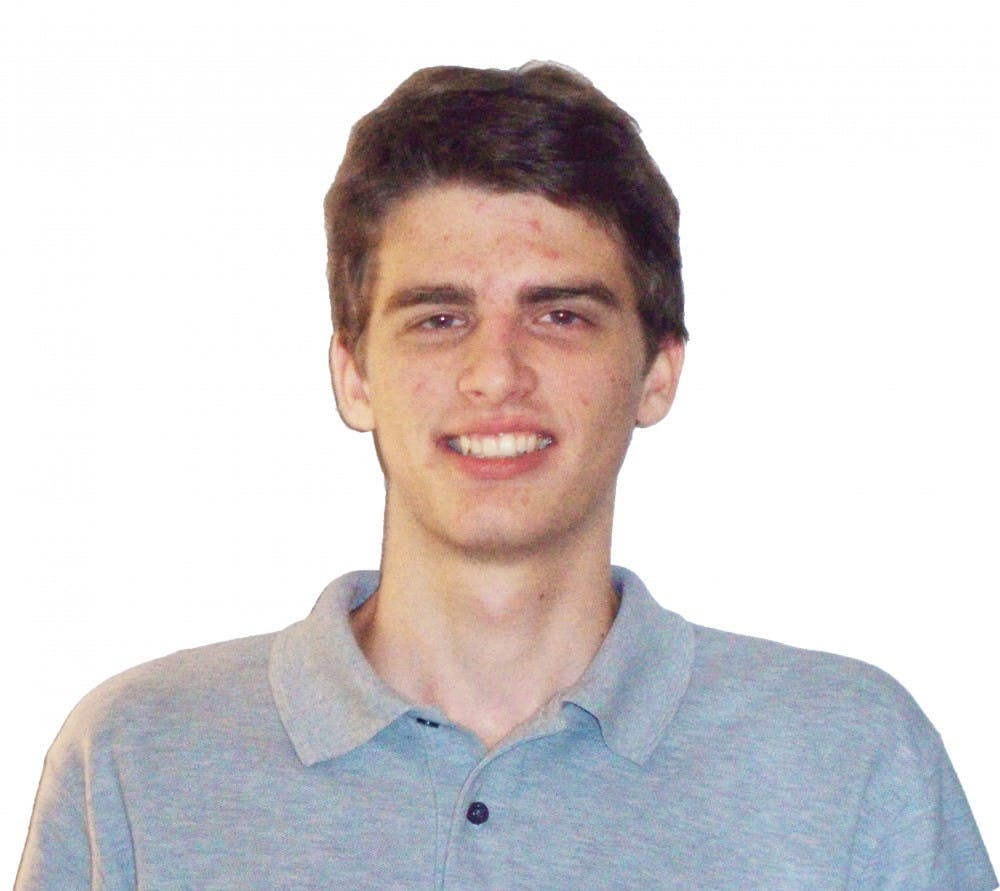I first heard of the Falun Gong in the early 2000s. The house church I attended in Guangzhou was a little nervous about the increase in police scrutiny of religious events. But we were relieved to find that the police weren’t coming after Christians — they were looking for practitioners of an “evil cult,” some sort of wacky group practicing self-immolation. I remember feeling good, in a middle-schooler sort of way, that I had nothing to do with that “evil cult”— and grateful that, for once, the Religious Affairs Bureau was focused on something worth investigating.
I didn’t give the Falun Gong a second thought until I encountered them in a book assigned for History 394.
The book opened with an incident at Sun Yat-sen University, where my father lectured for many years. A young doctor left the campus in a clean white vehicle with a prominent red cross on its side. He arrived at a killing ground. A few shots were fired, and a body was thrust into the van, the head and feet still twitching. The dying man’s kidney had been tissue matched to a 50-year-old Chinese patient, and the doctor quickly removed it. Perhaps the kidney had belonged to an abominable criminal who — hoping to do a single good deed before he died — volunteered his organs for humanity. Perhaps.
This was back in 1991, several months before Li Hongzhi began to teach the yoga-like practice and peaceful principles of the Falun Gong. Organ harvesting was still a new science. Besides in 1991, there just weren’t that many healthy dissident kidneys to go around (a piddling 15,000 were arrested after the 1989 Tiananmen massacre). But a decade later, 10,000 Falun Gong practitioners placed themselves in orderly rows on a Beijing sidewalk outside of Zhongnanhai to protest the imprisonment of 10 of their number and demand legalization of their religious publications. They touched off arrest on a massive scale.
Of course, I never heard anything about this stunning protest. Nor do I recall hearing about the mass incarceration and physical torture — for purposes of “reconversion” — that followed. But a highly conservative estimate of a million practitioners were ground through the Chinese laogai system by the beginning of my high school career. Of that million perhaps 180,000 (estimation is difficult) were screened for harvesting and 65,000 — with suitable organs — killed in cold blood.
And I was under the impression that Falun Gong was an evil cult, being kept in line by the good work of the RAB!
Even before I started following politics in America, I often heard complaints about media bias. Fox, CNN, The New York Times, ABC News — nearly every large media outlet — eagerly promote their own beliefs on every controversial issue. But thinking about my upbringing in China, I realized that there is a degree to which Americans are misinformed only in so far as they want to be.
Very few people read the news across the political spectrum. Thus, for example, one half of the country was shocked this summer at the “anti-abortion group” that put out a “heavily and selectively edited” video to attack Planned Parenthood for accepting reasonable processing fees — while the other half applauded the Center for Medical Progress as it caught Planned Parenthood in the act of discussing how they “sell” babies’ “body parts.” Each side watches only a few seconds of the videos involved, and those seconds are hand-picked to build one side of the argument or the other.
It is as if we want our conception of the world to be doctored like the headlines of the CCP.
True, the competitive nature of our media gets us a long way. News outlets which originally tried to minimize the Planned Parenthood videos, for example, were quickly pressured into covering them. But in order to really know what’s going on, extra effort has to be made — click on a few links, flip through a few channels, hear, perhaps, opinions with which we don’t agree.
And if you sometimes get frustrated, as I do, with how much work it takes to sift through the biases on a single story, it’s useful to remember what a priceless privilege it is to have the contradictory accounts in the first place.
JEREMIAH KEENAN is a College junior from China, studying mathematics. His email is jkeenan@sas.upenn.edu. “Keen on the Truth” appears every other Wednesday.
The Daily Pennsylvanian is an independent, student-run newspaper. Please consider making a donation to support the coverage that shapes the University. Your generosity ensures a future of strong journalism at Penn.
DonatePlease note All comments are eligible for publication in The Daily Pennsylvanian.





